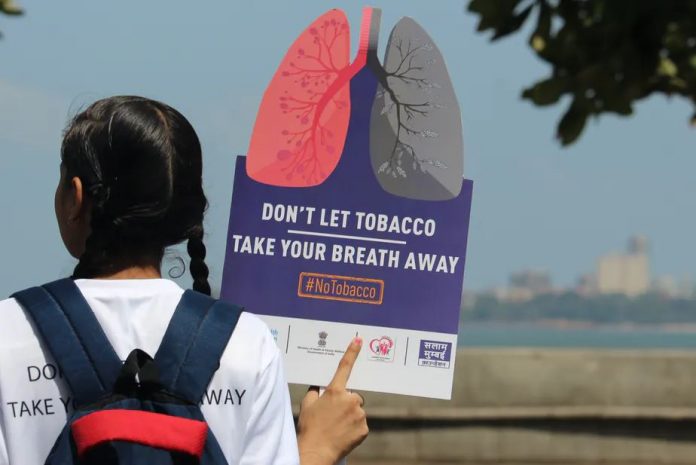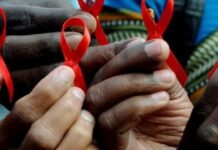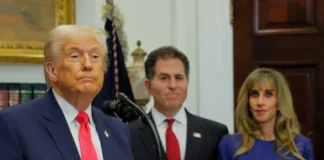Written By Vanessa Kariuki |
Every year on May 31, people all across the world mark World No Tobacco Day.
It is a yearly event put on by the World Health Organisation (WHO) with the goal of encouraging people to give up smoking and increasing public awareness of the negative effects of tobacco use.
The theme for this year is “We need food, not tobacco.” The global campaign for 2023 aims to inform tobacco farmers about marketing and alternative crop production prospects and inspire them to produce nutrient-dense, sustainable crops.
It will also seek to reveal the tobacco industry’s tactics to obstruct initiatives to replace tobacco farming with sustainable crop production, which would exacerbate the world food crisis.
More than 8 million people die each year from tobacco-related diseases, with 6,000 of those deaths occurring in Kenya (79 men and 37 women every week).
In the nation, 2,737,000 adults and 220,000 youngsters smoke tobacco daily.
Exposure to secondhand smoke is blamed for more than a million fatalities (out of the eight million caused by tobacco use).
According to the Ministry of Health tobacco poses a threat to all 17 Sustainable Development Goals. The ministry acknowledges that it is imperative to put our health first while both eradicating poverty and promoting sustainable development.
In the county, more than 2,000 long-time tobacco farmers have moved to alternative crops, gone through training, and planted high-iron beans in the fields where they once grew tobacco as part of the Tobacco-Free Farms Project.
As part of the scheme, farmers’ health has also improved, kids who used to labour on the farms are now attending school more, and tobacco has been replaced with better crops for the environment.
”The government, and particularly the Ministry of Health, wholeheartedly supports the Tobacco Free Farms Project due to its prioritization of the health of Kenyans,” said Health CS Susan Nakhumicha
She added, “By introducing iron-rich nyota beans, we aim to address the prevalent iron deficiency among women and children, thereby significantly improving their well-being.”
More farmers and families in neighbouring counties are anticipated to grow more food and less tobacco thanks to the projected extension of the Tobacco Free Farms Initiative.
In 2004, Kenya ratified the WHO Framework Convention on Tobacco Control (WHO FCTC), making it one of the first nations to do so. Since then, Kenya has played a significant role in putting tobacco control policies into place.
The Kenya Tobacco Control Act and the Convention both advocate for commercially viable alternatives to tobacco production in order to mitigate any potential negative social and economic effects on populations whose livelihoods depend on tobacco cultivation.
Together, we can achieve a better future by saying no to tobacco.



















